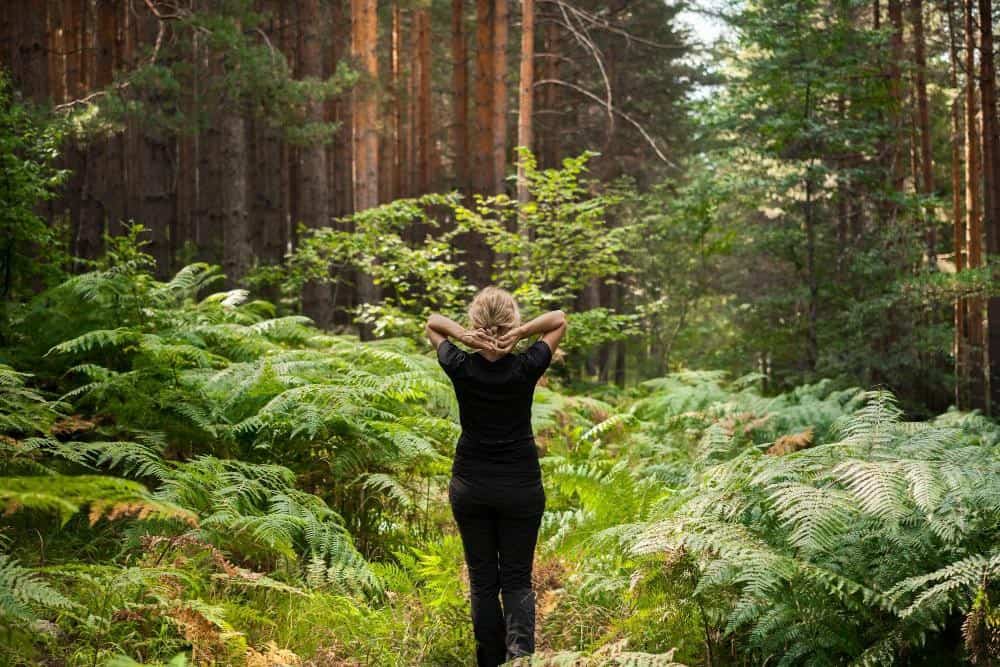Have you ever had a really rough moment with your child, and then someone else—maybe an older person—will tell you how absolutely delightful your child is? And then you respond with something like, “Yeah, you may think so but…” Or maybe you’ve had a friend admire your house, and you can’t help but show them the terrible bathroom or the crumbling ceiling or something else you find wanting.
Here’s the thing. If we’re a collection of our thoughts, and we choose to find the negative—the difficult—in a situation instead of the positive, whether it’s out of perceived modesty or humility or just plain old pessimism, we do ourselves a disservice.
We are what we think about. So, if you want to be your best and happiest self, it behooves you to elevate your thoughts.
There’s a wonderful practice that I’ve adopted. It worked so well that I’ve turned my children and my coaching clients on to it to great effect. It’s the practice of cultivating awe.
[Excerpted from my book, Personal (R)evolution</em>]
How to Find Awe
It’s very simple. Take yourself to a new place, or be prepared to see a familiar place with fresh eyes. It’s best if this place is somewhere in nature: a local park, a pond or stream, a hike. Even a friend’s backyard can do the trick. Give yourself some time, thirty minutes to an hour, and take a walk. Observe what you are seeing. Actively look for something new, fresh, unusual, beautiful. Look for what you haven’t seen before. Engage with nature; you are literally taking the time to smell the roses.
What might seem difficult at first will gain momentum. You’ll notice a flower, petals, and maybe even thorns. Thorns—how exciting! How the heck did nature come up with that? And look at the subtleties within the petals, the different pinks, reds, or yellows.
And now you might find a bug or a worm—bugs, especially big ones like cicadas or grasshoppers—are incredible machines, impressive instruments. Perhaps you’ll be lucky enough to find a dead one so you can get close and study it. They are beautiful works of art.
This is a snapshot of what you do in the Finding Awe exercise. You’ll find what you are looking for, so look for beauty; look to find awe, whether it’s a dead bug or speckles in the asphalt.
By shifting your awareness to awe, you’re cultivating a positive mindset. So the next time you’re driving home and find yourself stuck in traffic and there’s nothing you can do about it, you’ll look for what’s good about this extra pocket of time and put on a great podcast or call a friend you haven’t connected with in years instead of fuming about it.
All too often, a client will tell me they had a great interview with a new company, exchanged some positive emails, set up a second interview, and then—nothing. The hiring company completely “ghosted” my client (this happens with unfortunate frequency). Now of course, this is completely unprofessional behavior, and everyone deserves a courtesy call notifying them they are no longer being considered for a role, and ideally, why. When the call doesn’t come, I remind my clients that the company has done them a favor by not hiring them. It’s a blessing in disguise, as you wouldn’t want to work for a company like that. (I can just hear the “well, you wouldn’t want to marry a man who treats you like that, dear” conversation that millions of mothers have had with their heartbroken daughters over the years). It’s a small solace, and the words seem to work better in conversations of employment than of the heart.
When you foster positivity, you will have a strong framework in place in your life so negative thoughts and experiences can’t hijack your emotions.



